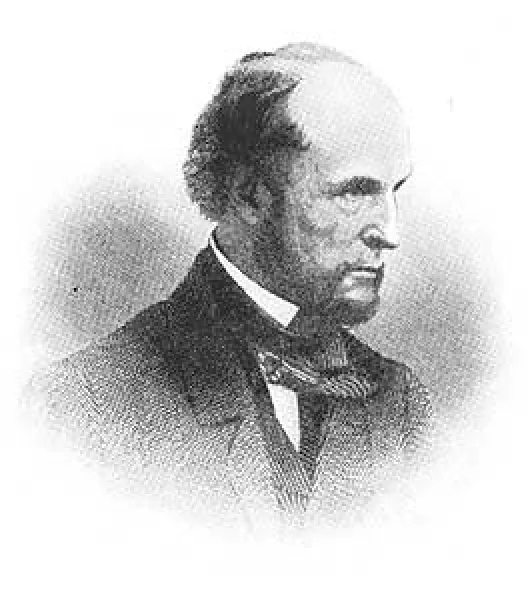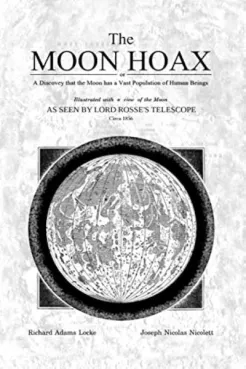
Timeline
Title
Country/Nationality
Richard Adams Locke
Richard Adams Locke was an American journalist and writer who is best known for his Great Moon Hoax, a series of articles published in the New York Sun in 1835 that claimed that life had been discovered on the moon.
Locke was born in Cambridge, Massachusetts, in 1800. He began his career as a journalist in 1825, and he worked for a number of different newspapers before joining the New York Sun in 1834.
Principles
Locke was a skilled satirist, and he wrote the Moon Hoax articles as a way to poke fun at the public's credulity and the sensationalistic reporting of the time. He also wanted to highlight the dangers of believing everything you read in the newspapers.
Notable works
Locke's most famous work is the Great Moon Hoax articles. He also wrote a number of other short stories and articles, but none of them are as well-known as the Moon Hoax.
Philosophy
Locke's philosophy was based on the belief that people should be critical of what they read and hear. He also believed that the press had a responsibility to be honest and accurate in its reporting.
Death and legacy
Locke died in New York City in 1871. He is remembered as one of the most important figures in the history of American journalism. The Great Moon Hoax is still considered to be one of the most successful hoaxes of all time.
How is he remembered?
Locke is remembered as a brilliant satirist and a skilled journalist. He is also remembered for his sense of humor and his willingness to challenge the status quo.
Books by Richard Adams Locke

The Moon Hoax
In a daring revelation that shook the 19th-century world, "The Moon Hoax" unfolds a mesmerizing tale of discovery and deception. "Witness the astonishing lunar secrets unraveled by the eminent Sir John Herschel!" proclaims the headline, capturing the...